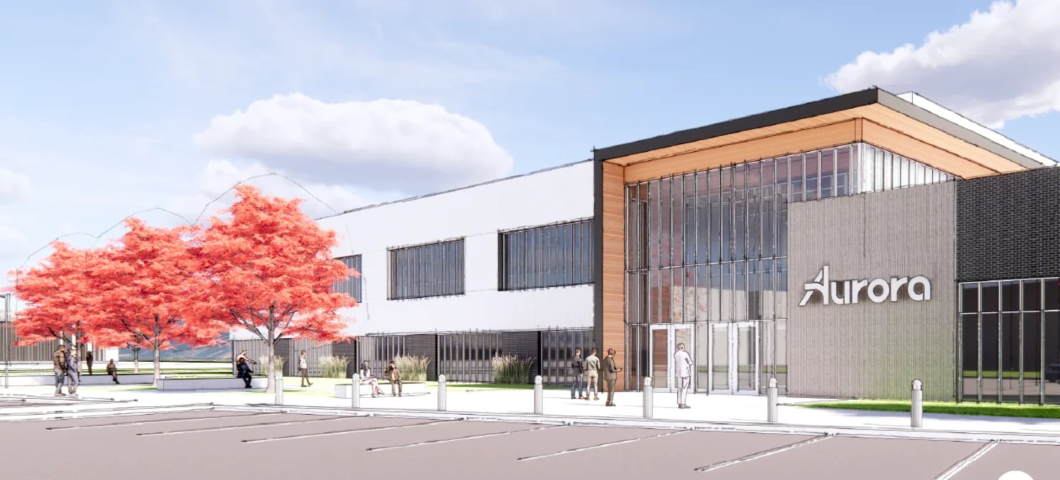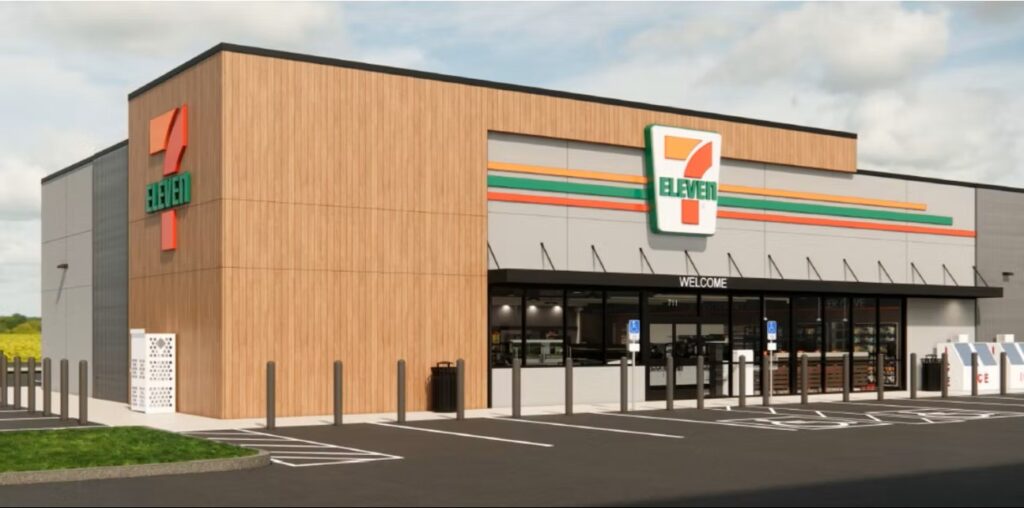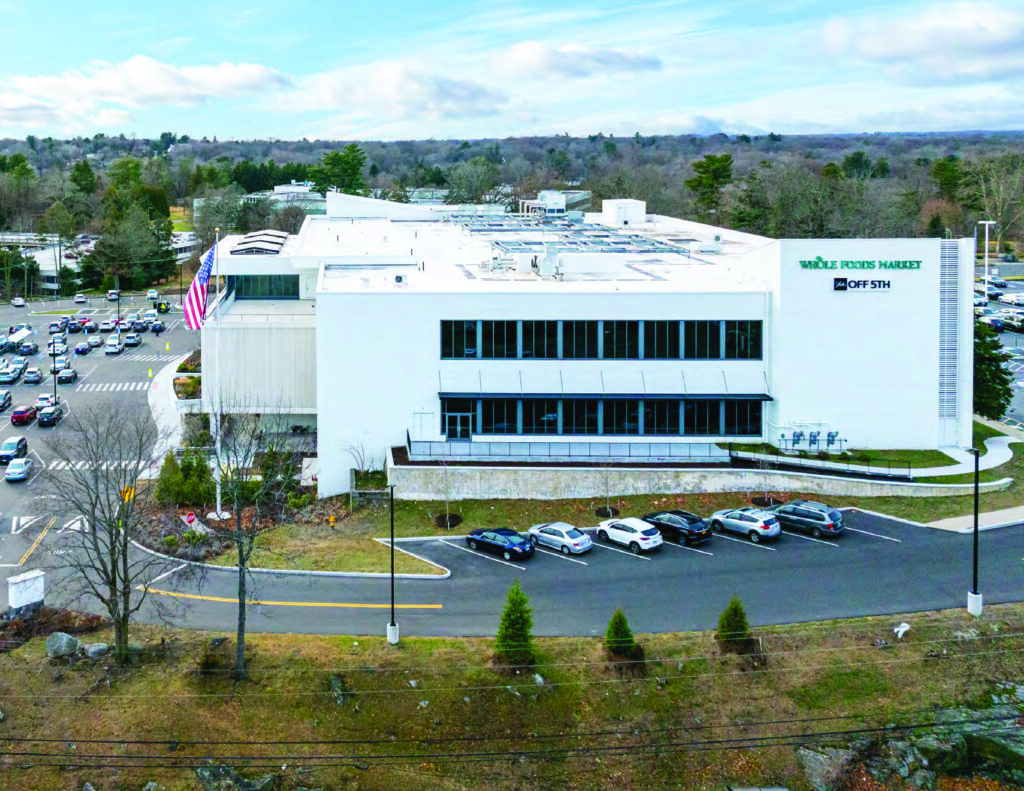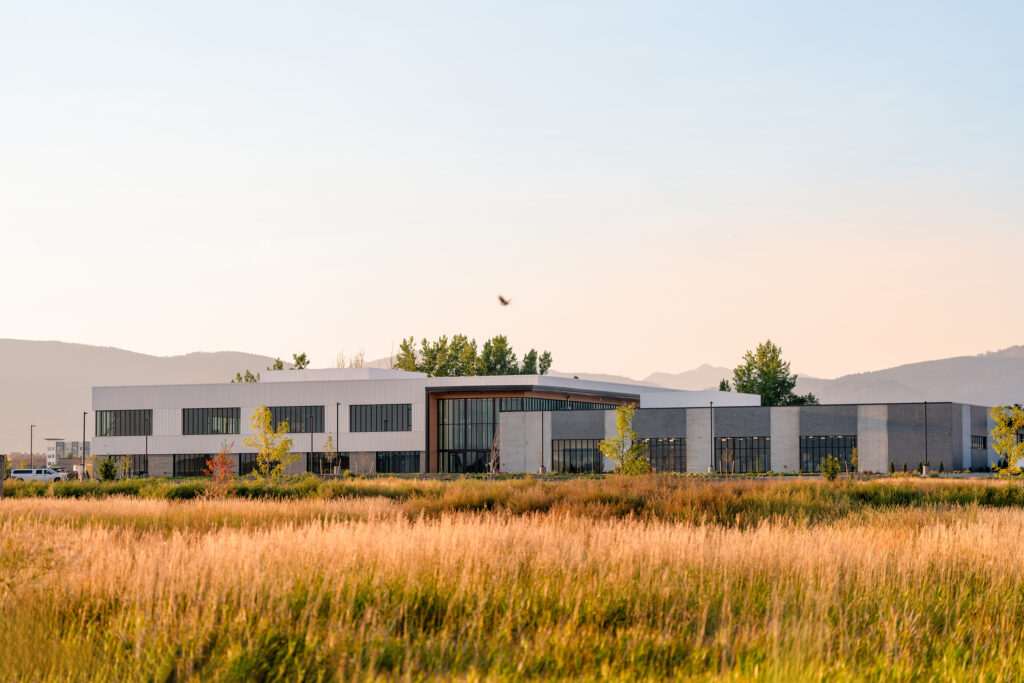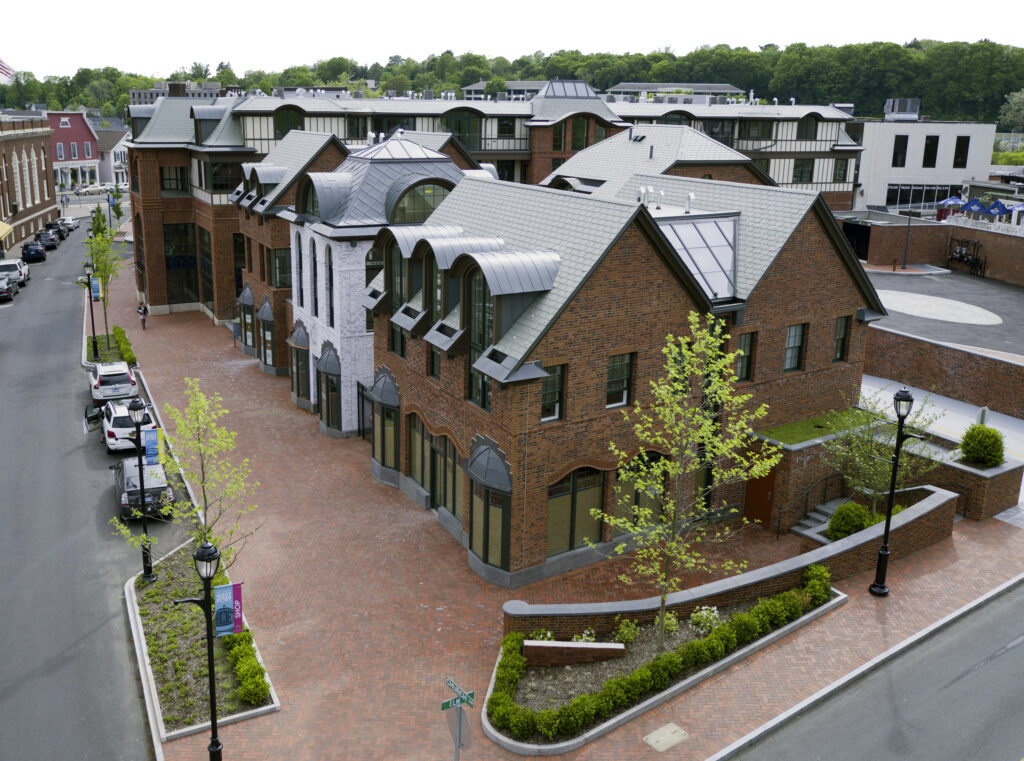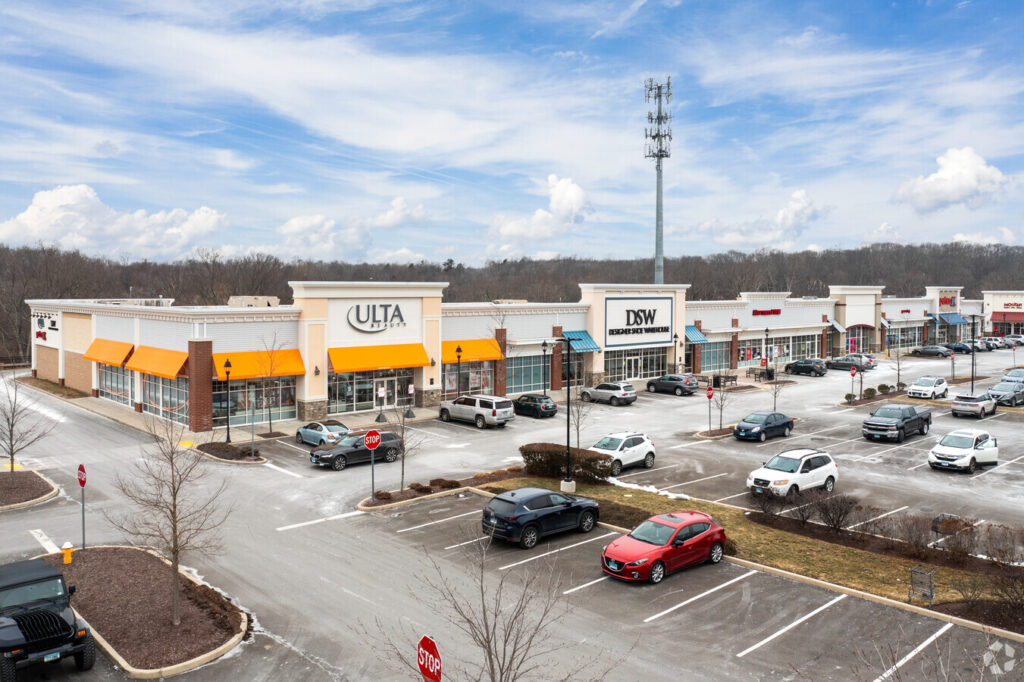BOZEMAN – Aurora, a leader in self-driving vehicle technology, announced today that it will build a 78,000-square-foot facility in Bozeman at the Montana State University Innovation Campus.
The modern, two-story facility will include research and development laboratories, a world-class manufacturing space and clean room facility, and more. In collaboration with MSU, Aurora also plans to open a new, state-of-the-art lidar test range.
Lidar is short for light detection and ranging, a sensing method that sends pulses of laser light to determine the presence, shape and distance of objects, often in great detail.
In a press announcement, the company said the facility is part of its continuing investment in prototyping and testing purpose-built lidar technology.
“Through our new facility, we are deepening our commitment to the region’s rich history and leadership in photonics,” the company said. “We are also excited to create opportunities for the next generation of photonics experts interested in cutting-edge autonomy applications. Our new facility will be located on Montana State University’s Innovation Campus, building upon and strengthening our relationship with the school that has produced industry-leading photonics engineers and innovations for more than 30 years.”
“Aurora’s decision to open one of its major facilities on the Innovation Campus is a testament to the value Montana State University brings to the table as the state’s largest research enterprise,” said Jason Carter, vice president of research, economic development and graduate education at MSU. “We have decades of experience in optics and photonics, and most importantly, we have graduates who are eager to work in cutting-edge industries like self-driving.”
With more than 50 years of combined experience, MSU’s Optical Technology Center, or OpTeC, and its Spectrum Lab have been a national leaders in lidar and other laser optics research and have helped foster one of the nation’s highest concentrations of laser-optics companies in Bozeman.
Founded in 2017, Aurora has offices in seven cities, including Bozeman. In 2019, it purchased Bozeman-based Blackmore, a company known for its work on frequency modulated continuous wave lidar. Several of Blackmore’s founders conducted research at MSU before establishing the company. A year later, Aurora unveiled its FirstLight lidar technology, which improves long-distance sensing and highway driving capabilities for Aurora Driver, the company’s suite of sensors and computers for self-driving vehicles.
“With our business-friendly environment, unmatched quality of life, and hardworking and talented workforce, Montana is emerging as a national hub for innovators like Aurora,” Gov. Greg Gianforte said. “We’re thrilled by Aurora’s investment in Montana through its new state-of-the-art facility and look forward to the opportunities their investment will bring hardworking Montanans.”
“Great news to have Aurora expanding here in Bozeman and creating new jobs for hardworking Montanans,” said U.S. Sen. Steve Daines. “Bozeman is a hot bed for visionary innovation and next-generation technology. I appreciate Aurora’s enduring commitment to invest in our great state and people.”
“The city of Bozeman’s long time support of the photonics sector and our partners at Montana State University, Gallatin College, and the Montana Photonics Industry Alliance attract innovative companies to Gallatin Valley and grow Montana’s economy,” said Brit Fontenot, city of Bozeman economic development director. “Aurora’s expansion in Bozeman will strengthen the industry in the region and will create meaningful career opportunities for over 800 employees who work in the photonics industry. We look forward to partnering with Aurora as they build the future of autonomous vehicles right here in Bozeman.”
Montana State University’s Innovation Campus is being developed by Charter Realty & Development as the master developer of the 42-acre project in partnership with the Montana State University Alumni Foundation and its subsidiary, the MSU Innovation Campus. Once complete, the campus will house more than half a million square feet of technology and office space.
To read this article online, click here

